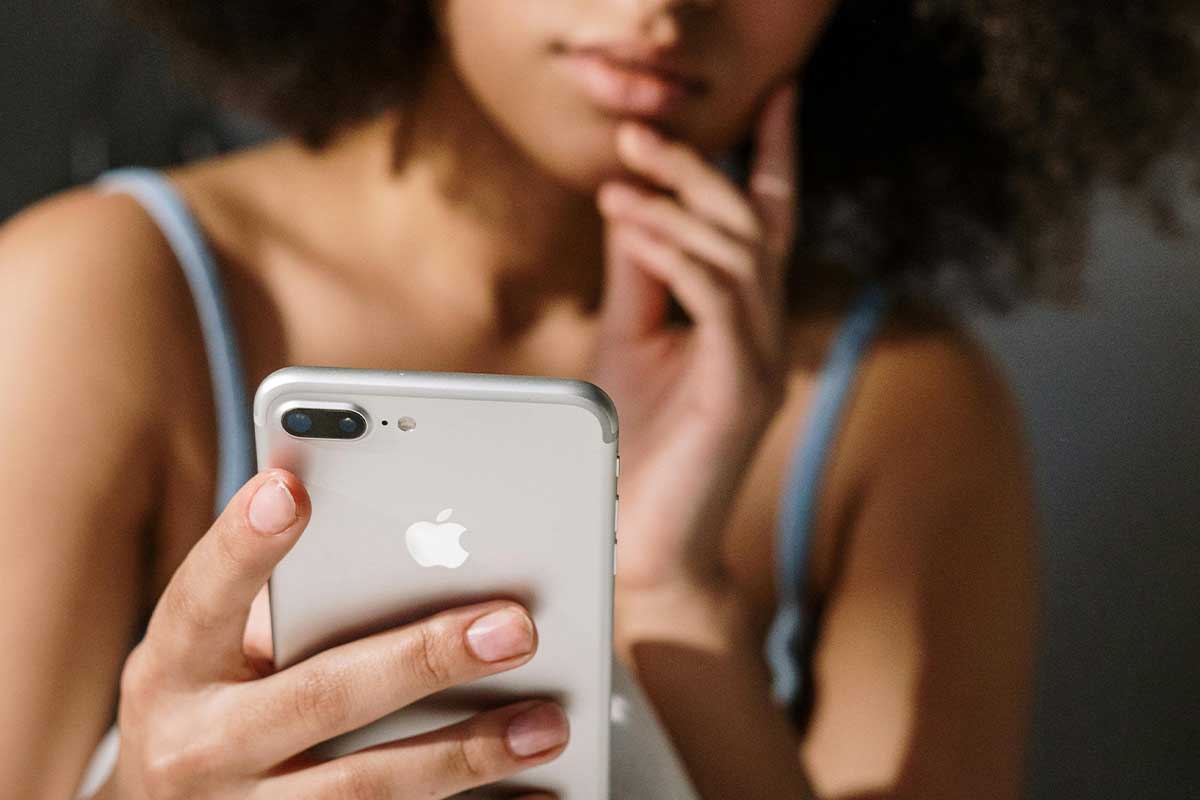Advertisement
Are Period-Tracking Apps Harmful or Helpful?
Why you might want to keep the details of your next period offline
Fact-Checked
This article has been written and fact-checked by experts in the field.

Want to keep track of your period? There’s an app for that. In fact, it’s estimated that more than 50 million menstruating people worldwide use period-tracking apps. While tracking your period can be a convenient way to be aware of your upcoming cycle, giving apps this data may end up doing more harm than good.
Advertisement
What are period-tracking apps?
Period-tracking apps first entered the market in 2013 and are a part of the rise in Femtech, technology aimed at improving women’s health. It’s expected to become a US $50-billion dollar industry. Apps like Clue and Glow track users’ menstrual cycles by using a digital calendar to predict future cycles. People looking to plan a pregnancy or for an alternative to birth control can use them to learn about their fertility windows or the day that they’re ovulating.
Advertisement
How do they work?
An average menstrual cycle lasts between 28 and 32 days. Most people ovulate between day 11 and 21. Period-tracking apps use the data you enter to make predictions about when your next period may be. Some apps also collect data about your basal body temperature (BBT), sleep patterns, changes in your cervical mucus, or if there’s been a surge in luteinizing hormone (LH).
Relying solely on an app for accuracy might not be your best bet, as most work under the assumption of a 28-day cycle with ovulation on day 14. This might not be the case for every person. Fertility experts caution that, unless ovulation is confirmed via physical means (like an ovulation kit), apps merely provide an estimate.
Advertisement
Benefits of tracking your cycle
If you’ve never paid much attention to the details of your period, tracking it could give you new insights into your menstrual health. Whether it’s when your period starts and ends, how heavy or light your flow is, or even your mood on different days, this information can help you gauge if your period is normal or not.
This information can also be useful for your health care practitioner, especially if you want to get pregnant or suspect you have a menstrual health issue like polycystic ovary syndrome (PCOS).
Advertisement
Privacy concerns
But is the information you give these apps about your period being kept private? With the May 2022 news leak of the Supreme Court’s vote to overturn Roe v. Wade, which would limit or prohibit abortion rights in the US, many experts urged people to delete their period-tracking apps.
Experts warned of the risk of fertility data being used as evidence in criminal and civil proceedings that an app user has had an abortion. For example, prosecutors could use data from an app to show that someone was getting a period and then later was not, which could suggest that they had an abortion. Experts cited one example of two cases where women’s online search activities and text messages where they were looking for information on abortion drugs, led them to be indicted and convicted of a crime.
Also, these apps aren’t required to comply with the Health Insurance Portability and Accountability Act (HIPAA). This act protects individual health privacy in the US.
Privacy attorney’s caution that while giving your data to your licensed healthcare provider would be HIPAA protected, the same wouldn’t apply to a femtech app.
Advertisement
Where does the data go?
There’s no way to know exactly who can get a hold of your data. In 2020, Consumer Reports evaluated five apps and found that they provided no guarantee that users’ data would not be shared with third parties. This was true even when users thought they were using the apps anonymously.
Your personal data could be sold to third parties like marketing agencies, which can use your information to create targeted ads for you. Data could also be shared with tech companies like Google or Facebook. In turn, tech companies may work with data brokers who collect information to make profiles they can sell to others.
Advertisement
How to protect yourself
If you still want to track your period digitally, there are some measures you can take to protect yourself. Consider deleting your data off the app you use regularly and limiting location sharing on your phone. Using end-to-end encryption messaging platforms, where only the sender and receiver can see the conversation, is also a good practice for protecting your personal data online.
Advertisement
Safer cycle-tracking options
If you’re ready to ditch the apps, consider using a physical calendar or a spreadsheet to track your period. Use it as your personal diary for your period. Mark down when your period starts and ends. Include details of your flow and symptoms each day. You can also take note of any medication you’re taking to ease your symptoms.




